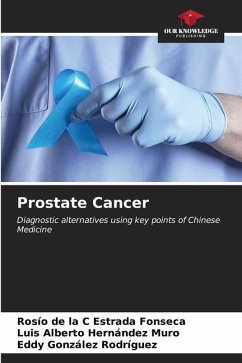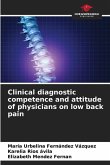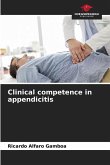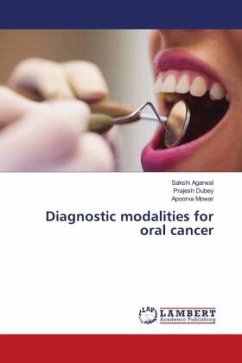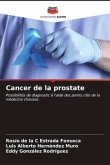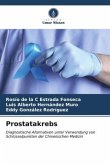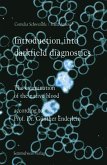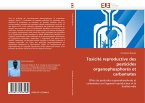In prostate cancer, early detection is fundamental for a favorable evolution or cure of the patient. In order to determine the correspondence between the values of prostate specific antigen and the painful sensitivity of alert points for prostate cancer of traditional Chinese medicine, a descriptive investigation was carried out on the criminal population over 40 years of age of the La Alambrada center, 200 patients were randomly selected. Information was collected through a detailed exploration of the key points (XINDAXI; ZHONGJI and SHENGZHIDIAN), a semi-structured interview and the determination of PSA in blood. Patients with no prostate antigen alterations and no symptoms suggestive of prostate cancer predominated. No diagnosis of prostate cancer was confirmed, the combination of alert points for the diagnosis of this cancer only coincided in one patient who also presented altered antigen values, in general, correspondence was observed in all patients with prostate affectionsand the REN 3 and SHENGZHIDIAN location points.
Bitte wählen Sie Ihr Anliegen aus.
Rechnungen
Retourenschein anfordern
Bestellstatus
Storno

